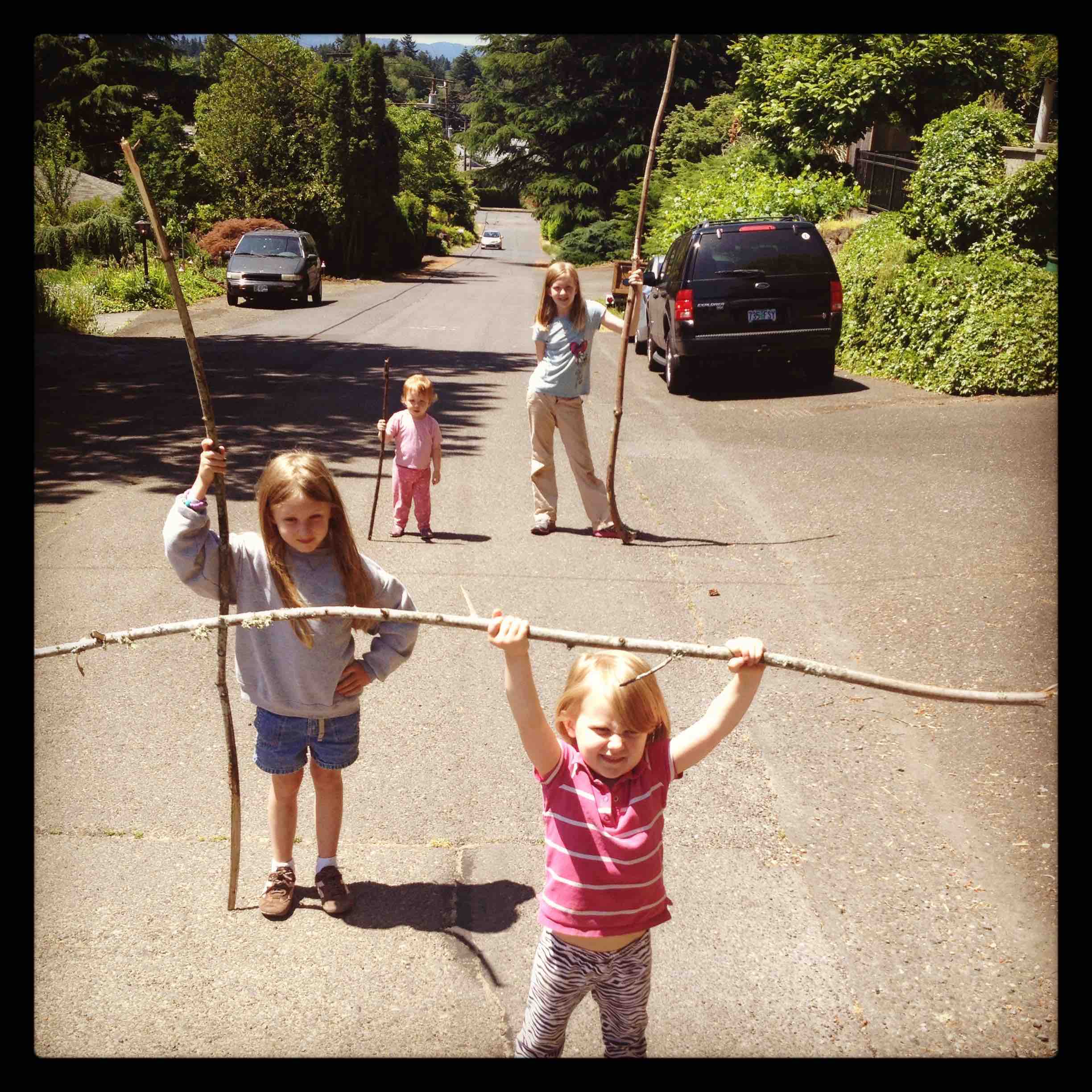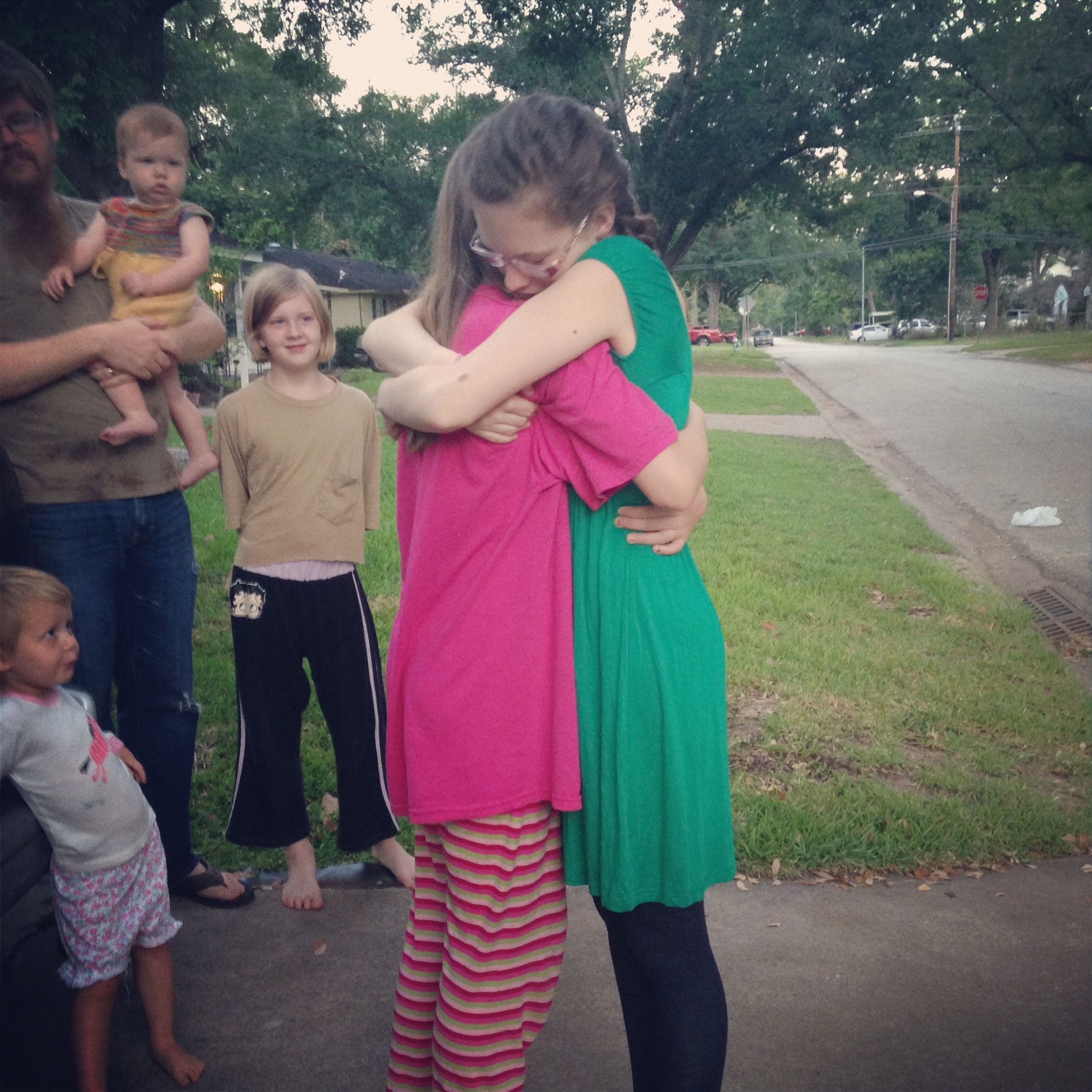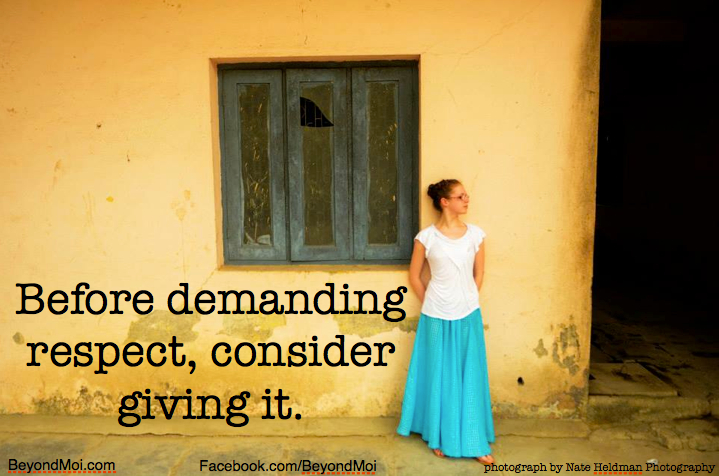Every parent faces the reality that their children have a will of their own, which I think most would agree is a good thing in and of itself. But parents also face huge external pressure to control their children; the way your child behaves is after all a direct reflection of how good a parent you are, right? If a child misbehaves, is too loud, too rowdy, whiny, aggressive, you name it; any undesirable quality in a child is seen as the parent’s fault. Especially if the undesirable quality sticks around for a while; then why on earth do that child’s parents not DO something about it? Why can’t those parents control their children?
It’s basically ok for children to have a will of their own, as long as it doesn’t reflect badly on their parents. Then it becomes a problem. A personal problem for their parents, who may feel embarrassed that their child acts “that way.” And judged – by everyone. I won’t deny that there are cases where children act “that way” because their parents didn’t show them any other way, whether it’s because they weren’t sure how or just chose not to invest their time into guiding their children. But I think that for most parents who have one of “those” children, it isn’t from a lack of trying to guide them to a better way; I think it comes from a parent’s struggle to balance how to deal with their child’s strong will with their own desire to be in control; or at least to appear to be so. No one wants to be the weak parent whose unruly children end up being delinquents. But how do you deal with your child’s strong will?
All of our children have repeatedly had to remind Jessica and me that they have a will of their own. From our 2 yr old who yells “I do it!” for just about everything right now, to the 5 yr old who will perform every task at her own in – cre – di – bly slow pace, to our 11 yr old who growls her disapproval at our parenting decisions, and our 13 yr old who challenges every attempt on our part to help her stay on top of her educational and life goals, each of our children wants to stand strong on their own two feet and show the world that they are in charge of their own life! They are master and commander of their fate! And as their parents, we love that! How else will they develop into confident adults? And, as their parents, it is also the most infuriating thing for us. Finding ways to guide our children into making wise decisions with their life without them feeling like we’re somehow forcing our will on theirs is a huge challenge. I should note that our children challenging their parents comes and goes; it’s a cyclical pattern, sometimes occurring multiple times in one day, and sometimes taking months or even years to cycle back around.
What do parents do with their strong, opinionated children? They “put their foot down” or show their children who’s boss in a variety of ways, all of which are an attempt to control their children. In very severe cases, some parents attempt to “break” their children as a means to gain control over them. This is a deliberate attempt to break their children’s will in order to force them to conform to their parent’s will, believing that it is in their children’s best interest. Because unruly children become unruly adults, or so they fear. Therefore, you break your child’s will so they will be obedient, which really means that they lose their own will and motivation and live but to serve us parents. And yet, we still want them to become strong, confident adults, as if there is a switch that they can flip when they turn 18 and Ta-Da! they are well-adjusted adults who know what they want and know how to make decisions on their own, when they have lived the majority of their life following your decisions for them. There is no developmental continuity in that paradigm. Your children will either fight harder and harder to maintain control over their own lives and be labelled rebellious, or, if you are truly able to control them, then congratulations, you can now expect them to continue wanting to be controlled as an adult, whether by you or someone else (I honestly can’t figure out which one is scarier).
Jessica and I believe that in order for our children to develop into their own persons, with their own thoughts, ambitions, interests, feelings, and their own wills, we need to encourage it from the start. But in pursuing this desire to help them develop into their own persons, they have had to break us as parents. At least, from the parents we thought we were going to be. They had to break our desire to control them. They had to break our one-size-fits-all approach to discipline. They had to break our desire to protect ourselves from potential judgment from other parents. They had to break the pedestal that we thought we should be on as their parents; our position of superiority from which we could rule their lives.
Our children had to break us until we were capable of seeing the persons that they were. Until we could look our 2 yr old in the eye, see that she is not just an example of those “terrible twos” but a person with 2 yr old feelings, 2 yr old thoughts, and fears, needs, and wants. A person with a strong desire to be herself while needing her parents there in case she scratches her knee or gets frustrated when she can’t pull her shirt over her head. A person who loves to play pretend with everyone, including her parents.
It’s not that we wouldn’t get on the floor and play with our children until that moment when they “broke” us as parents. We have always gotten down on the floor with them and colored pictures, built block towers, and zoomed toy cars with them. But we had done so from a place where we were clearly the parents, the grown ups, and they were the little kids. We would do so knowing that it was good for them, the right parent thing to do. Sure, we would derive some joy from it ourselves, but the motivation was to be good parents and do good by our children.
Now I get on the floor with them because I want to connect with them on their level, I want to get to know them better, I want to relate to my 2 yr old on a 2 yr old level. Because I can. I believe that it does her much more good for me to relate to her as a 2 yr old than to play with her as an adult figure. She doesn’t need reminding that I’m her parent anymore than I do. She knows it. She won’t forget it. I don’t need to always act the part of the parent with her. And the same goes for my 5 yr old, and my 7 yr old, and my 11, 13 and 16 yr olds too.
There is a fear that parents have that if they aren’t strict disciplinarians with their children, they won’t be respected as parents. Their children will walk all over them, and people will be able to tell “who’s boss” in that relationship.
You want your children’s respect? You already have it. In most relationships, respect is earned, but not with your children. You don’t have to earn your children’s respect and trust. They respect and trust you from birth, because you are their parent. Of course, just because you never had to earn their respect in the first place doesn’t mean that you can never lose it. If that ever happens, and it will, you will have to earn it back. People choose to respect others based on a set of parameters, or characteristics, even if they are subconscious. To earn your children’s respect back, be the kind of person that you believe deserves respect. Model that for your children. Like it or not, they look up to you, even if they have moments when they hate you. Be someone who deserves to be looked up to; start by respecting your children as people. Children are full-fledged, 100% people, always. Even as a challenging two year old. Or a moody and unpredictable pre-teen. Get respect by modeling respect.
Respect them in each of their stages of development, each of their ages, by relating to them in that place.
Always answer their questions, or they will look elsewhere for answers.
Don’t use expressions like “because I said so.” They are an insult to their intellect, dismissive of their feelings and their right to understand what is happening in their life, and serve to reinforce the notion that they are inherently below you – undeserving of your time and respect.
Love them. Trust them. Listen to them. Trust their gut. Respect their boundaries. Don’t force them. However you want them to treat you, model that for them. Be real with them. Be vulnerable.
Let your children break you. Let them change you. You’ll be a better parent for it, and from that place of weakness your relationship with your children will grow stronger.
Oh and stop worrying about what other people think so much. People will judge you regardless of how you decide to parent. So do what’s right for you and your family.
~ Jeremy










You need to write a parenting book, friend! Good stuff. Thank you for reminding me of the heart of parenting that is so very easy to lose in the name of maintaining control.
Thank you, Monette! 🙂 A parenting book sounds like such a huge undertaking, but it has crossed our minds. But we’d have to have credentials for something serious like that. Maybe just a “parenting as we know it” type book. Maybe. We’ll see! I’m happy to hear that our thoughts on parenting, and life in general, are encouraging.
~ Jeremy